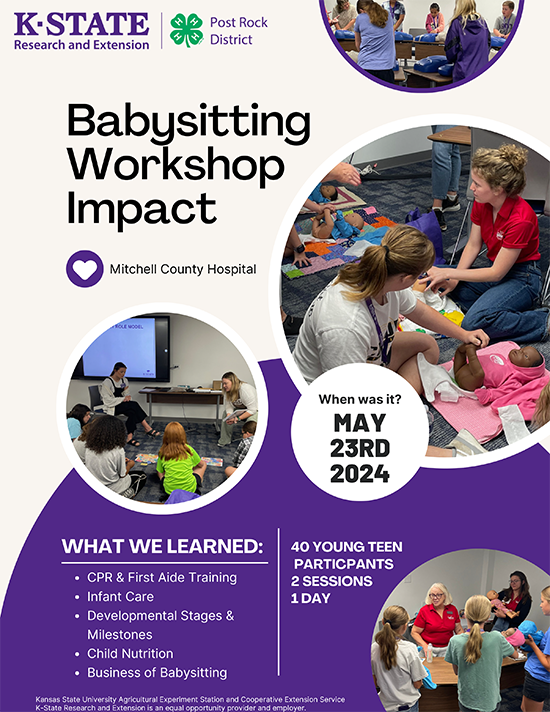Be Patient and Understanding:
Recognize that each child develops at their own pace. Be patient and supportive, celebrating their unique milestones and abilities.
Observe and Listen:
Pay close attention to the child's cues, behaviors, and verbal expressions. Observing and listening can provide valuable insights into their needs and developmental stage.
Maintain Consistent Routines:
Children thrive on routines. Try to maintain their regular schedule for meals, naps, and activities to provide a sense of security and predictability.
Encourage Exploration and Play:
Allow children to explore their environment and engage in play. Play is crucial for cognitive, social, emotional, and physical development.
Promote Independence:
Support children in trying tasks on their own, whether it's dressing, feeding, or solving a problem. This fosters independence and self-confidence.
Use Positive Reinforcement:
Reinforce positive behavior with praise and encouragement. This helps build self-esteem and motivates children to continue good behavior.
Communicate Clearly:
Use clear, simple language appropriate to the child's level of understanding. Be direct and specific with instructions and explanations.
Be a Role Model:
Children learn by watching adults. Model positive behavior, such as kindness, patience, and good manners.
 First Aid Training in Your Community:
First Aid Training in Your Community:


